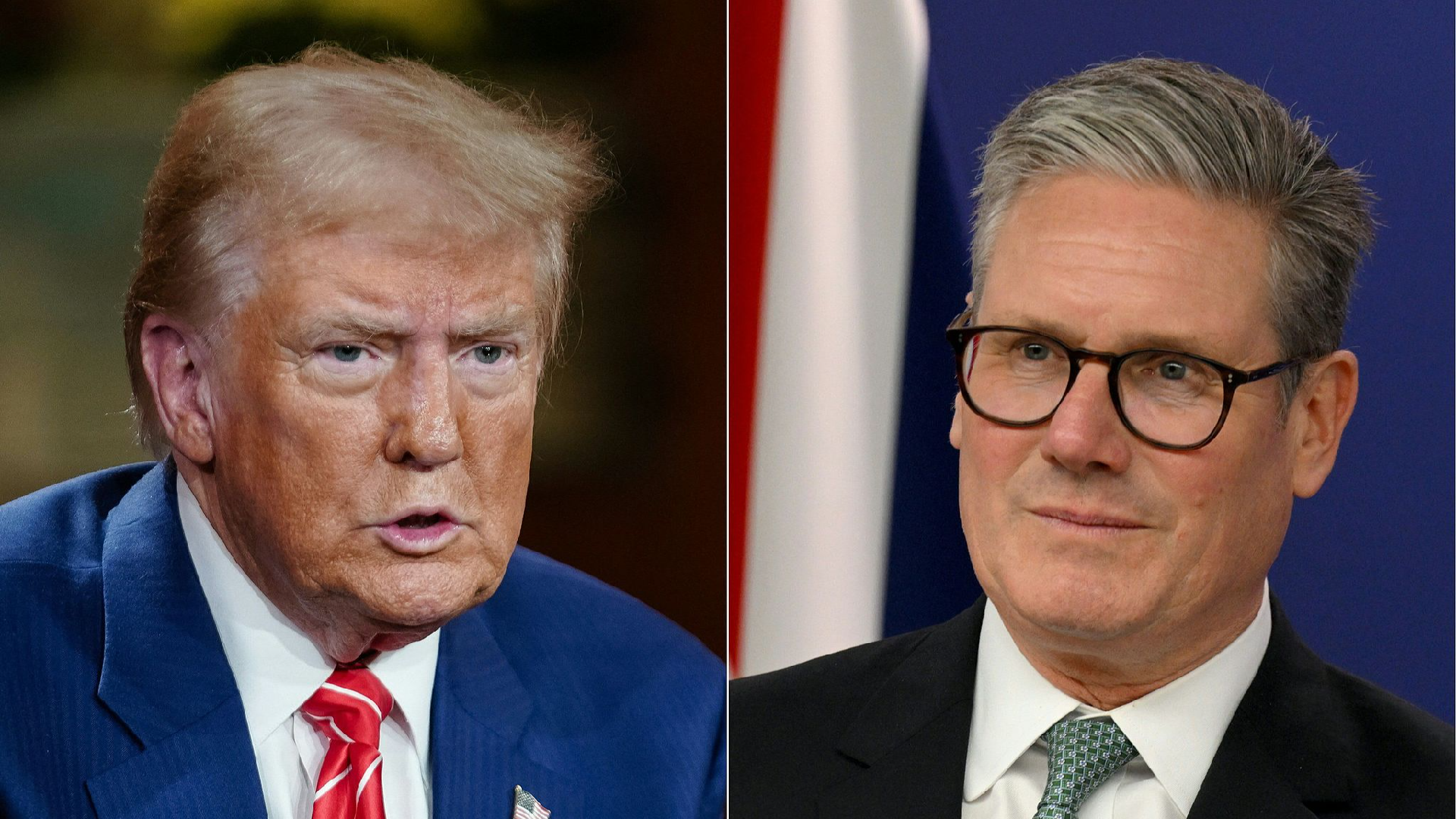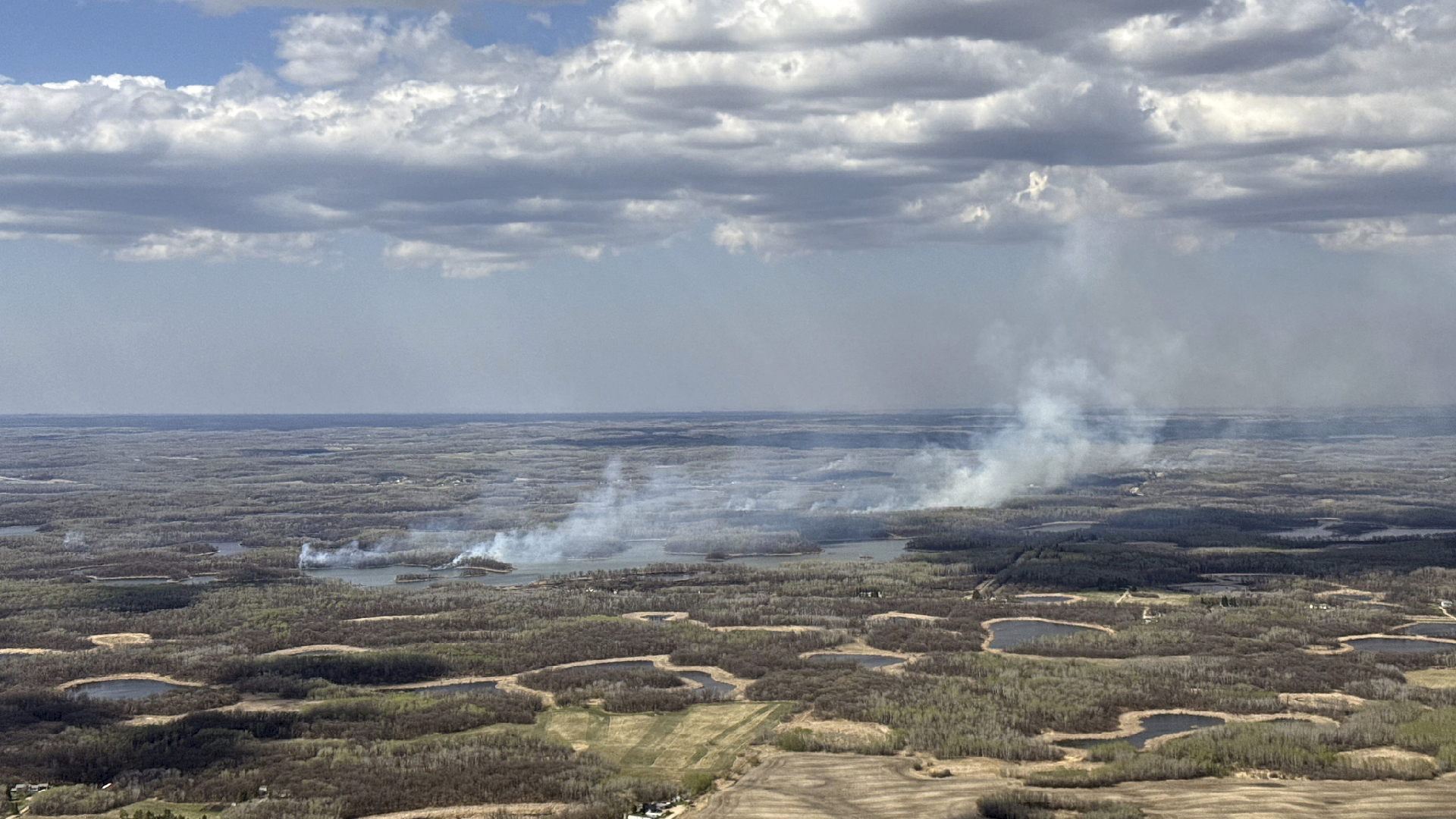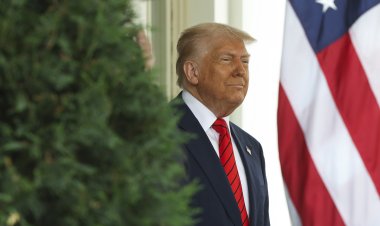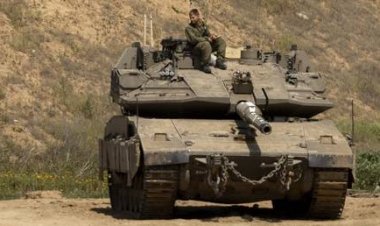Every Red Line Crossed: Is Israel Prepared for the Fury of the Islamic Revolution?
What actions will Iran take following the assassination of a significant ally in the Middle East?
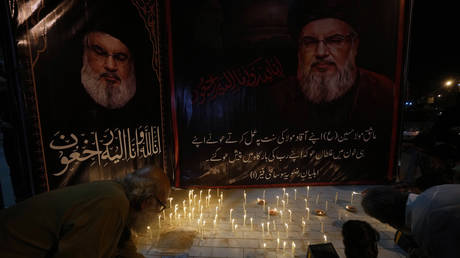
The assassination of Hassan Nasrallah, the leader of the Lebanese Shiite group Hezbollah, has raised alarm bells regarding the potential for a large-scale military conflict in the Middle East. This outcome could have disastrous implications not only for the region but for the world at large.
The already heightened tensions in the region may spiral into an all-out war impacting Lebanon, Israel, and potentially other regional powers, including Iran and Turkey. Given that Hezbollah serves as Iran’s primary military and political asset in the area, a crucial question looms: How will Tehran respond to this sudden loss? Or will it remain passive?
Nasrallah’s assassination could provoke a series of retaliatory strikes and military operations, further destabilizing the region and threatening global energy markets and international security. The backdrop of recent targeted killings—including that of Hamas leader Ismail Haniyeh in Tehran and one of Hezbollah’s founders, Fuad Shukr, in Beirut—indicates that Israel is relentless in its pursuit.
It’s essential to recognize that the death of Hezbollah’s leader did not come as a complete surprise. Israeli intelligence had long sought his elimination, and even if the events of October 7 hadn’t unraveled, it was inevitable that he would be targeted. Nasrallah had not made a public appearance for years and continually shifted locations, evidently in fear for his safety. Nevertheless, his death represents a significant turning point.
#### Who Was Hassan Nasrallah?
Nasrallah was an enigmatic figure in many respects. He started his political journey by joining the Amal movement during the 1975 Lebanese Civil War and subsequently studied at a Shiite seminary in the Iraqi city of Najaf. After returning to Lebanon, he reconnected with the Amal movement.
In 1982, following Israel's invasion of Lebanon, Nasrallah and his allies split from Amal to form a new military entity called Islamic Amal, significantly backed by Iran’s Islamic Revolutionary Guard Corps. This group would eventually evolve into Hezbollah.
In 1992, after the assassination of Hezbollah’s previous Secretary-General Abbas al-Musawi, Nasrallah ascended to leadership at just 32 years old. Under his guidance, Hezbollah transformed from a minor paramilitary group focused on resisting Israeli forces into a formidable military power that eclipsed the Lebanese Army.
Immediately, he intensified efforts against Israel. In 2000, Hezbollah initiated what was termed the “Small War,” culminating in Israel's withdrawal from southern Lebanon. Although he lost his eldest son Hadi in combat with Israeli troops, Nasrallah declared Hezbollah's first victory over Israel and affirmed that “the entire territory of Lebanon must be liberated.”
Nasrallah led Hezbollah to become a significant political force, establishing various social and medical initiatives. Furthermore, it became a vital tool in Iran’s regional strategy. Not only did Hezbollah train Hamas fighters, but it also supported Shiite rebels in Iraq and Yemen, often receiving military supplies from Iran for confrontations with Israel. Consequently, Hezbollah became a persistent thorn in Israel’s side, prompting Western Jerusalem to commit to its elimination.
Despite Hezbollah’s reliance on Iranian support, tensions occasionally flared between Nasrallah and Tehran’s leadership, particularly when Nasrallah diverged from Iran’s more diplomatic approaches. Following Hamas’ unprecedented assault on Israel in October, skirmishes between Hezbollah and Israel escalated with Hezbollah launching attacks in “solidarity with the Palestinians.”
In November 2023, Nasrallah attributed the Hamas attack to “100% Palestinian in terms of decision-making and execution,” yet underscored the significance of Hezbollah’s retaliatory strikes on Israel. Hezbollah fired over 8,000 rockets into northern Israel and targeted military vehicles and positions with drones and anti-tank missiles. In response, the Israel Defense Forces (IDF) executed airstrikes against Hezbollah positions in Lebanon.
Although Hezbollah and Nasrallah were not directly involved in Hamas' attack, their provocative rhetoric prompted military responses from Israel. The Israeli leadership noted the lack of evidence linking Hezbollah or Iran to the Hamas offensive, though Nasrallah's threats played into the hands of Israeli Prime Minister Benjamin Netanyahu’s political maneuvers.
Reports indicated that IRGC leaders urged Hezbollah not to provoke Israel during meetings in Tehran. Yet, Hezbollah representatives claimed Iran had failed to take decisive action, expressing readiness to fight independently if Iran remained inactive.
These discussions unfolded amid the assassination of Hamas leader Ismail Haniyeh, creating expectations of Iranian retaliation to what appeared to be a direct affront to its sovereignty. However, Iran's response has been muted, and while media speculation about Israeli responsibility for the assassination exists, Iran has yet to react publicly.
Historically, relations between Hamas and Hezbollah have fluctuated, sometimes leading to armed conflicts, such as during the Syrian civil war. Despite these tensions, both groups have found common ground in opposing Israel over time.
#### Why Does Iran Remain Silent?
In light of these unfolding events, many wonder: why is Iran maintaining silence? Recently, profound statements have come from the Iranian leadership, especially following military operations in Lebanon that resulted in significant casualties, including among Hezbollah fighters and innocent civilians.
Israel has been overt in its military endeavors to dismantle Hezbollah, with Nasrallah describing the attacks as crossing “all red lines” and admitting the assault constituted an "unprecedented blow" to Hezbollah. On September 27, reports surfaced of an IDF airstrike targeting Hezbollah’s main headquarters in Harat Hreik, intended for Nasrallah. The following day, the IDF confirmed his death, a claim later corroborated by Hezbollah.
The attack resulted in multiple fatalities and injuries, including high-ranking commanders within Hezbollah. The airstrikes occurred shortly after Netanyahu's UN address, where he reiterated a commitment to combating Hezbollah while professing a desire for peace.
Israeli reports suggest Netanyahu ordered these strikes to avoid a ground invasion in southern Lebanon, though such an operation remains a possibility. The IDF has stated intentions to intercept Iranian vessels off the Lebanese coast and target new Hezbollah leadership.
Despite maintaining a stance of restraint, Tehran has not initiated significant action, even following Haniyeh’s assassination two months earlier. While Iran tested a missile as a warning to Israel in September, the response did not appear to deter Israeli operations, as evidenced by the elimination of Nasrallah soon after.
Iran’s typically fierce rhetoric regarding retaliation has softened. Some analysts view this as an indication of Tehran’s surprise and uncertainty about how to react. This may also explain reports of Supreme Leader Khamenei being relocated for safety amid fears that Israel might escalate further.
Conversely, President Pezeshkian’s remarks at the UN suggested that Iran might avoid conflict if Israel did the same, which presents a stark contrast to previous commitments of severe retaliation following Haniyeh’s assassination.
Khamenei’s muted comments on Israel and a call for unity among Islamic nations against the Jewish state indicate this shift in tone. In the wake of significant regional conflicts, this restrained rhetoric signals a serious strategic reassessment by Tehran.
However, there remains another perspective: Iran might be biding its time, preparing to execute an unexpected strike at an opportune moment. Iran likely perceives any hasty reaction to Israeli provocations as potentially disastrous.
The strategic complexities deepen as news broke that the IDF airstrike also took the lives of crucial Quds Force commanders. Consequently, while the situation remains volatile, military action from either side could spiral into a much larger conflict.
#### Broader Implications
U.S. officials, including Secretary of Defense Lloyd Austin, have emphasized Washington's commitment to preventing escalating tensions in the Middle East. Russian Foreign Minister Sergey Lavrov warned of efforts to pull Iran into a broader conflict, suggesting that Israel may be trying to provoke an engagement that involves the United States.
Iran's aims appear to center on avoiding war, fully aware of the dire consequences such an escalation would entail. Meanwhile, Netanyahu seems confident in his strategy and underestimates Iran's resilience, framing Tehran as nothing more than a “paper tiger.”
The dynamics at play highlight a dangerous game; while Israel's leadership believes they can eliminate forces like Nasrallah, Haniyeh, and others, the underlying ideologies and networks inspired by these leaders could re-emerge to reignite conflict, prompting more bloodshed on both sides.
Currently, the most consistent efforts toward peace appear to come from Russia, which advocates a resolution based on the historic 1947 UN proposal for the establishment of separate Jewish and Arab states.
If such diplomatic efforts were embraced, a significant portion of the region's conflicts could be resolved. However, the ongoing military operations by the IDF continue to result in civilian casualties, and Hezbollah’s threats to retaliate remain a persistent reality.
Should Israel pursue a path of escalating military engagement and provoke Iran into a broader war, the repercussions could be catastrophic, involving multiple regional players and disrupting vital maritime routes, potentially leading to economic instability worldwide.
Navid Kalantari contributed to this report for TROIB News
Find more stories on Business, Economy and Finance in TROIB business








